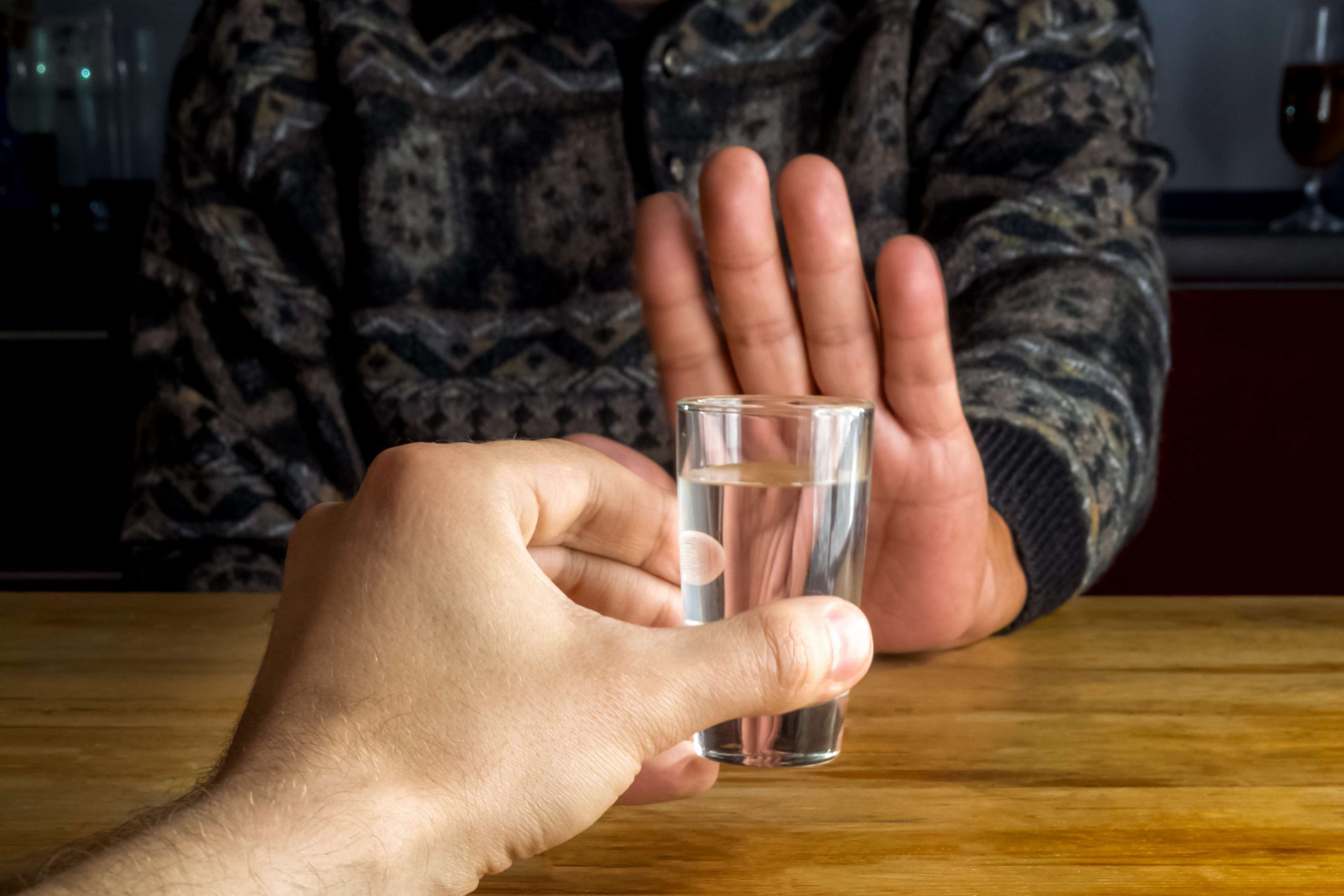Sober living
Alcohol: Abuse, Addiction, & Treatment Options
Alcoholic cardiomyopathy primarily affects the heart and can have significant physical and mental impacts. American Addiction Centers (AAC) is committed to delivering original, truthful, accurate, unbiased, and medically current information. We strive to create content that is clear, concise, and easy to understand. During your hospital stay, one of the most important things is to continuously monitor your heart rhythm.
While some consider that this toxin alone is able to cause such a disease[18,19], others contend that it is just a trigger or an agent favouring DCM[3,21,22]. Finally, it should be noted that a large majority of studies on the long-term prognosis of ACM used the cut-off point of 80 g/d for a minimum of 5 years to consider alcohol as the cause of DCM. Since those initial descriptions, reports on several isolated cases or in small series of patients with HF due to DCM and high alcohol intake have been published[15-17]. Some of these papers have also described the recovery of LVEF in many subjects after a period of alcohol withdrawal[15-17]. In the Caerphilly prospective heart disease study, platelet aggregation induced by adenosine diphosphate was also inhibited in subjects who drank alcohol [99]. Assessing differences between various forms of alcoholic beverages it should be noted that resveratrol leads in vitro to platelet inhibition in a dose-dependent manner [100] and has shown effects on all-cause mortality in a community-based study [101].
Diagnosing Alcoholic Cardiomyopathy
Transplant-free survival after 7 years was worse among patients with ACM than among those with DCM (41% vs 53%). Among patients who continued drinking heavily, transplant-free survival was significantly worse than in non-drinkers (27% vs 45%). Furthermore, there are conflicting data among studies regarding the prognosis of the condition, with some showing overall mortality near 60% and others showing a mortality rate of only 19% (Table (Table11). Cardiac MRI may be helpful in the differential diagnosis to hypertrophic cardiomyopathy, storage diseases, and inflammatory cardiomyopathy.

This was an excellent result long before ACE inhibitors or betablockers were available for heart failure treatment [57]. Presenting symptoms relate to the reduction in cardiac output and are the same as chronic cardiac failure of any aetiology, i.e. shortness of breath on exertion, bilateral pitting oedema, fatigue, mental confusion, oliguria and nocturia. Physical examination may reveal a raised jugular venous pressure, third and/or fourth heart sound and a systolic murmur, and possibly a tachyarrhythmia such as AF. Diagnosis requires a long history of significant alcohol use and exclusion of other causes of dilated cardiomyopathy. Blood tests such as gamma‐glutamyl transferase (GGT), mean corpuscular volume (MCV), carbohydrate‐deficient transferrin (CDT) and ethyl‐gluconide may help to diagnose alcohol use disorder, coexisting liver disease and monitor abstinence. N‐terminal pro‐B‐type natriuretic peptide (NT pro‐BNP) levels are increasingly used to make a diagnosis of heart failure in patients with breathlessness, and may be helpful.
Risk factors
Imaging tests might also be ordered as well, such as chest x-rays, echocardiographic scans, or CT scans. These can reveal an enlarged heart, irregular heartbeats (arrhythmias), fluid accumulation, unstable ejection fraction, and leaking valves. alcoholic cardiomyopathy An appointment with a medical professional will be needed to diagnose alcoholic cardiomyopathy, and you may be referred to a cardiology department. All of these symptoms contribute to the pathophysiology of alcoholic cardiomyopathy.
- Healthcare providers believe about 1 of every 500 people has the condition.
- Additionally, a person may be put on dietary restrictions that recommend a low-sodium diet, limiting fluid intake, and taking diuretics to further reduce sodium and fluid levels.
- Studies that have assessed the prevalence of ACM among IDCM patients have found high alcohol consumption in 3.8% to 47% of DCM patients.
- This helpline is answered by Ark Behavioral Health, an addiction treatment provider with treatment facilities in Massachusetts and Ohio.
- In some people, the condition worsens quickly; in others, it might not worsen for a long time.
- Despite the key clinical importance of alcohol as a cause of DCM, relatively few studies have investigated the effects of alcohol on the heart and the clinical characteristics of DCM caused by excessive alcohol consumption (known as alcoholic cardiomyopathy).

